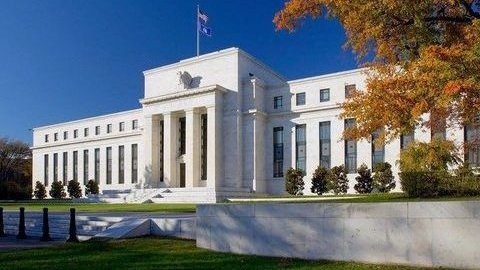The Federal Reserve has proposed a significant reduction in the debit interchange fees that banks can charge merchants, suggesting a nearly 30% decrease and a review of the cap every two years.
For the past 12 years, merchants have been paying banks 21 cents plus 0.05% of the transaction amount for each debit card payment, with an additional one cent for fraud prevention if certain criteria are met. In 2021, interchange fees for all debit and general-use prepaid card transactions amounted to $31.59 billion, marking a 19.1% increase compared to 2020.
However, the Fed highlights that costs for issuers have “declined significantly” since 2011. In response, the proposed changes would reduce the base fee to 14.4 cents and the ad valorem fee to 0.04% of the transaction value while increasing the fraud prevention adjustment to 1.3 cents. This adjustment would effectively result in an overall fee decrease of about 28%.
The Fed also plans to assess the cap every other year, utilizing data from its biennial survey of large debit card issuers. Currently, this proposal is open for public comment.
The National Retail Federation has expressed support for the “significant” reduction but notes that it does not fully align with the declining costs faced by issuers. A statement from the organization pointed out that the Fed identified the average cost per transaction as 7.7 cents but proposed a cap of up to 12 cents before ultimately settling on the current rate of 21 cents after lobbying from banks.
